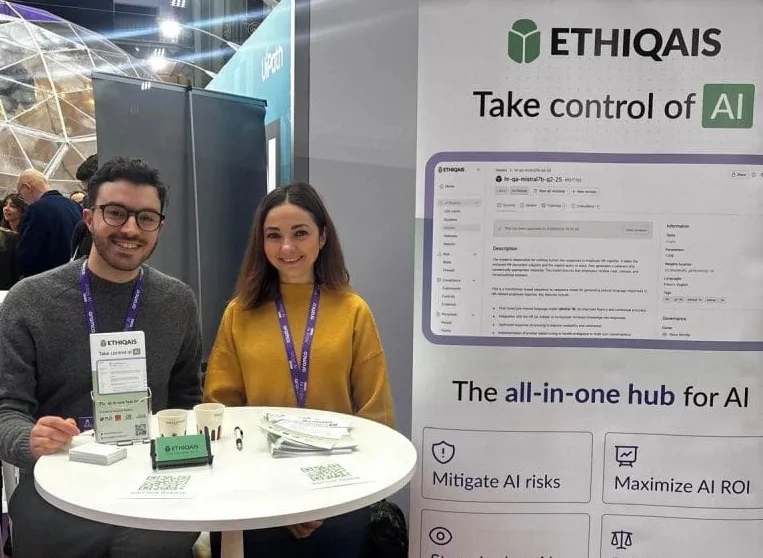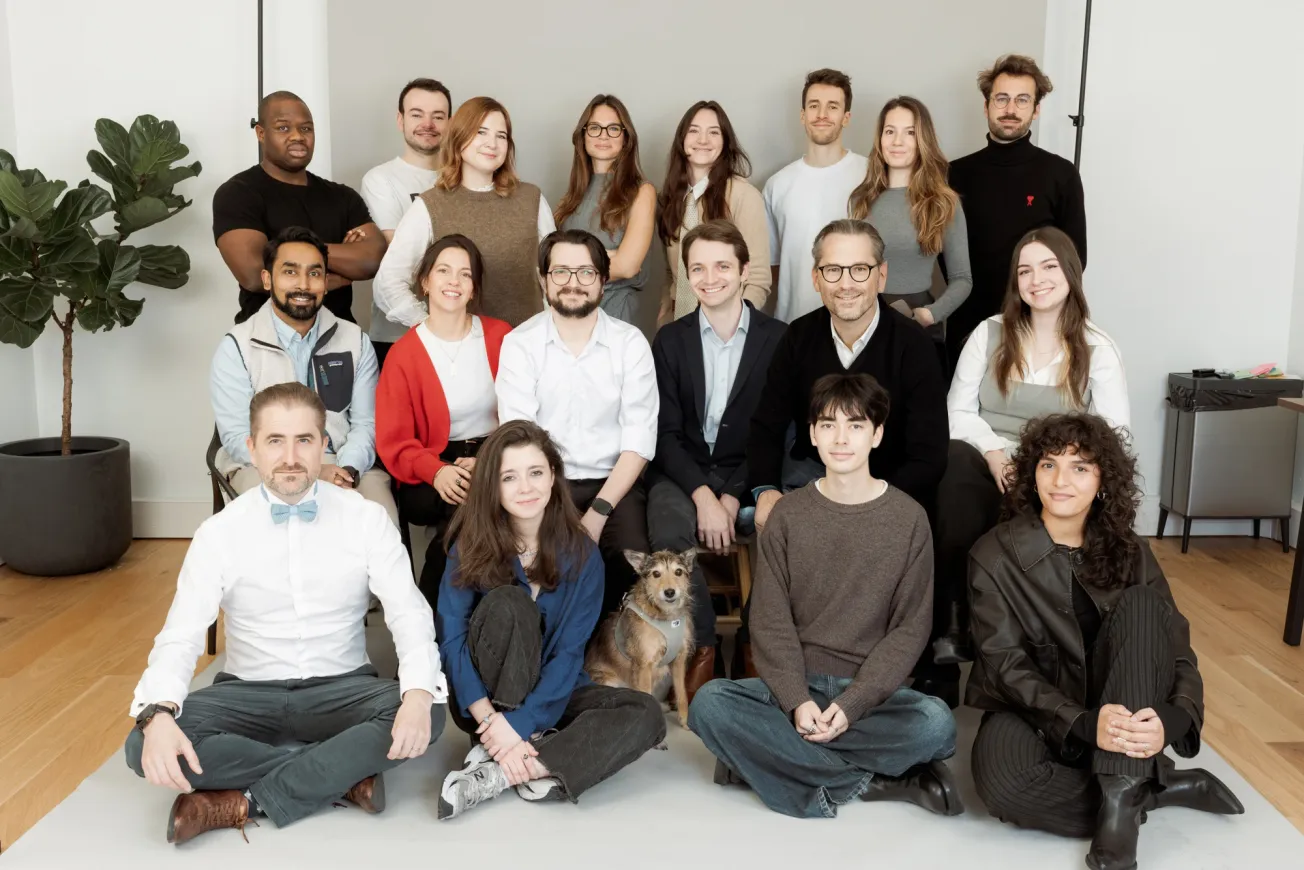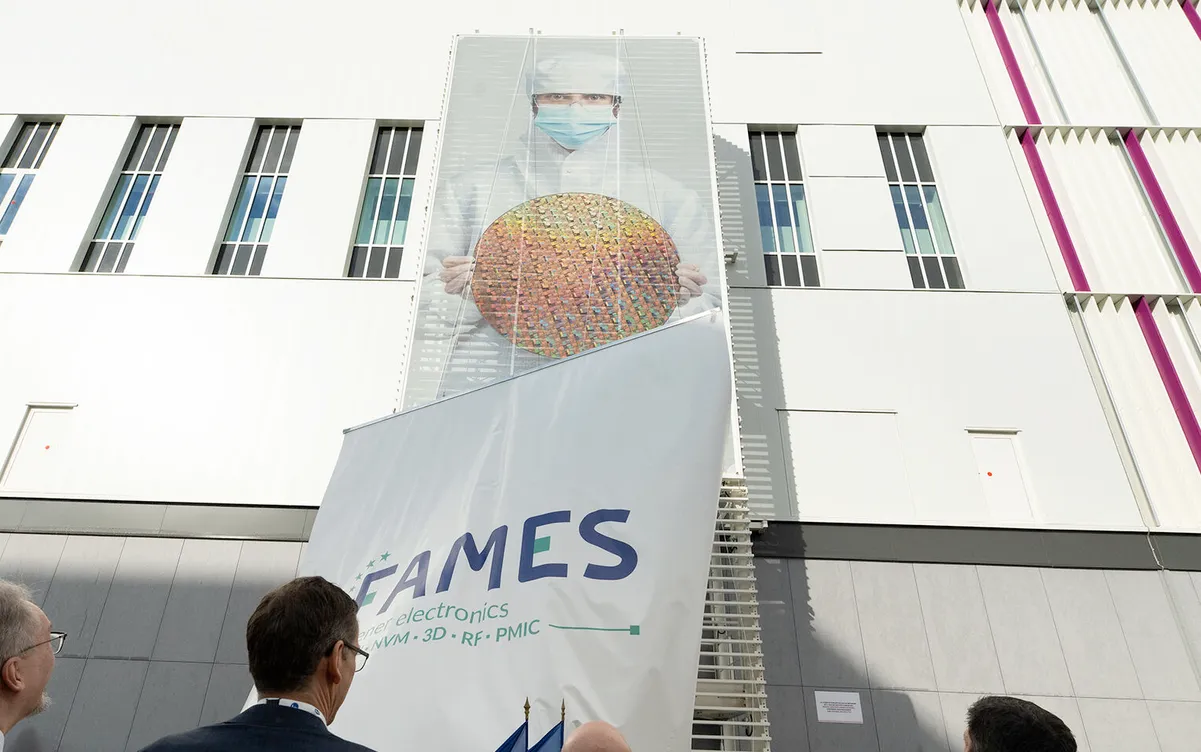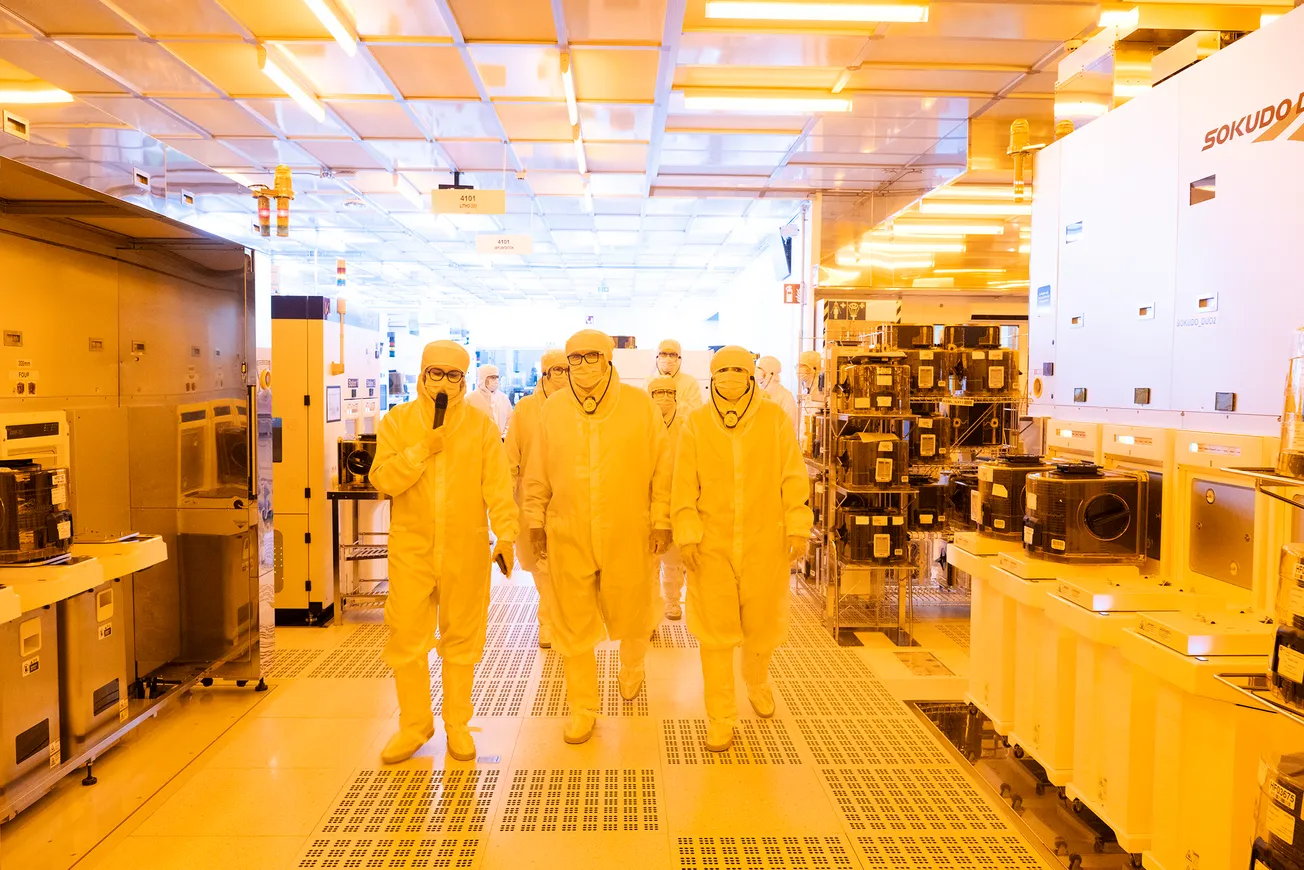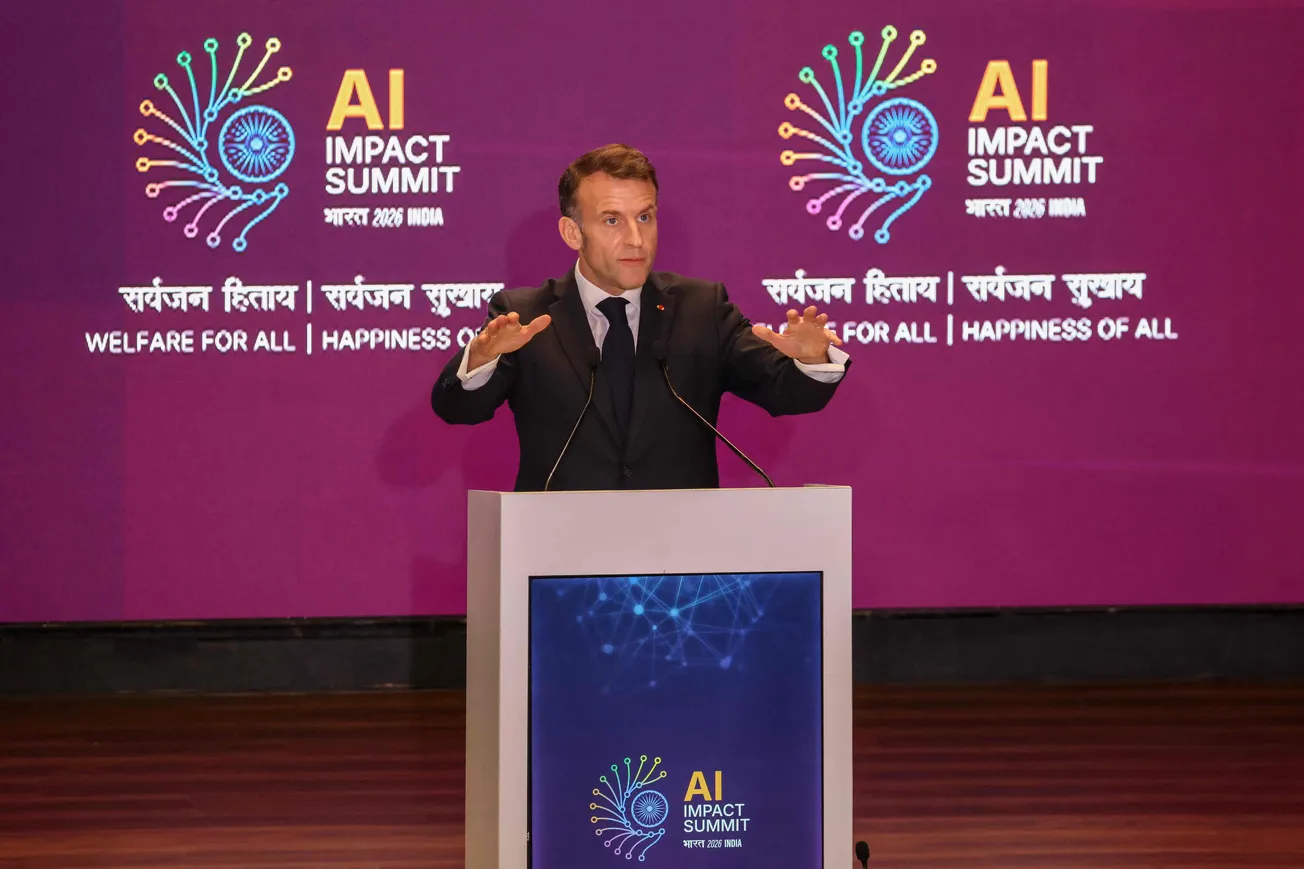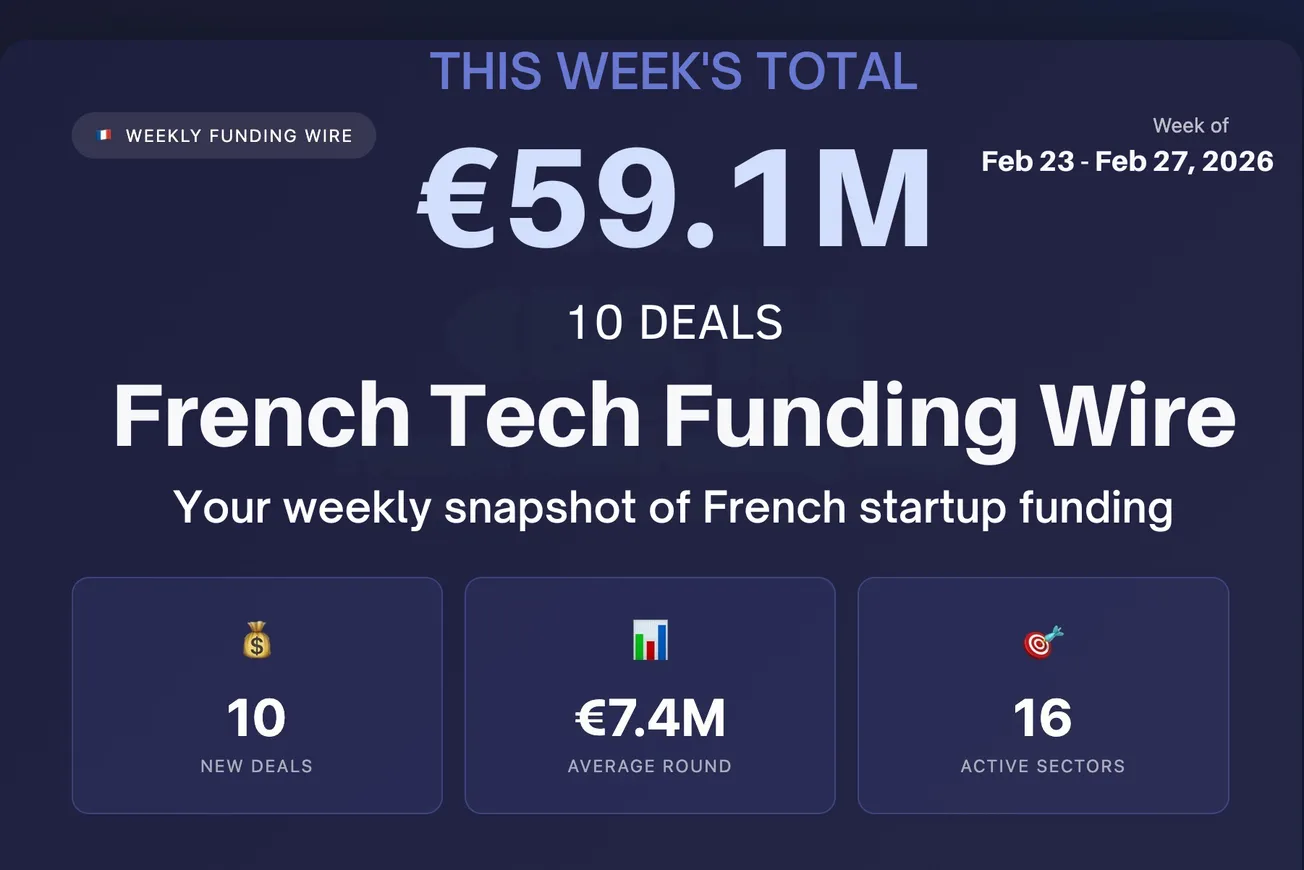It was a brisk day yesterday at Paris’ Grand Palais, and the Adopt AI Summit was already in full swing. Blue blankets had been handed out to ward off the chill, but even they couldn’t warm up an audience that looked, if anything, a shade bluer than the fabric. Neon-lit stands shimmered under the glass ceiling as attendees bustled, jostled, and debated: too much regulation? too little sovereignty?
All while keeping an eye on the clock for French President Emmanuel Macron’s arrival.
Amid the hum of anticipation, I was drawn into a discussion with Alina Holcroft, CEO of Ethiqais. Founded in April last year, Ethiqais’s mission is to help European companies adopt AI safely and responsibly.
With her calm focus cutting through the chatter, Holcroft’s explanations of her company and vision mirrored the summit’s big themes herself: sovereignty, trust, and the tricky art of navigating AI regulation in Europe.
“Our aim is to create a hub where companies can use AI securely and sovereignly in Europe. It’s not just about technology; it’s about values, compliance, and trust,” Holcroft explained.

Europe First
Launched with co-founder Massimo Venuti, Ethiqais grew from their fascination with autonomous systems and their ethical impact.
Massimo brought quantum systems expertise; Alina brought entrepreneurial drive and a rare AI ethics certification. Together, they envisioned a company that empowers businesses to use AI responsibly while remaining compliant with European regulations.
The Product: AI Governance Made Simple
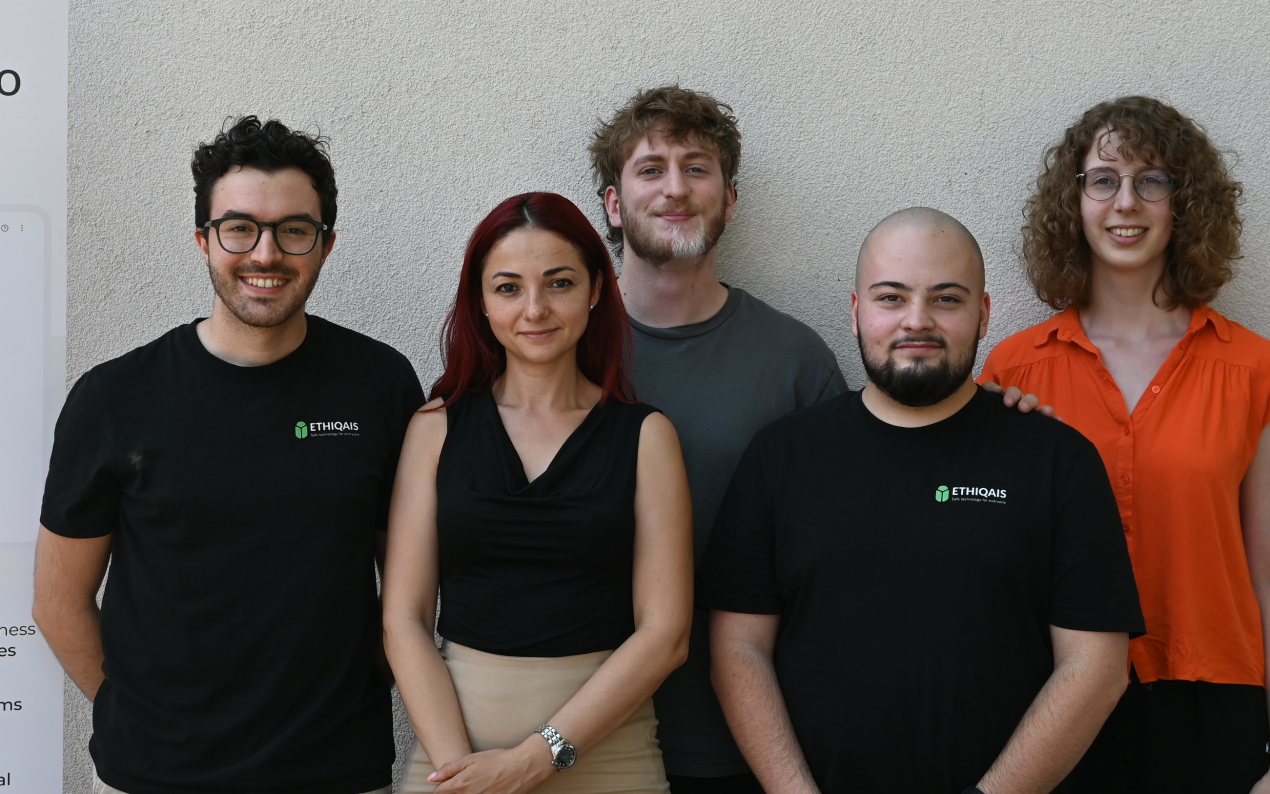
Ethiqais offers a suite of AI governance tools designed to make corporate AI adoption safer and auditable. At its core is a “blocker” system. When an employee attempts to share sensitive data with an AI such as ChatGPT, CoPilot, or Gemini, a pop-up warns: “STOP - this document contains private, sensitive, or regulatory data.”
The system then anonymizes the private or sensitive content before it is processed and compiles reports on the type and number of risks encountered. A little like a digital bouncer at an AI nightclub. Ethiqais’ system ensures that only the right data gets in, and nothing slips past unnoticed.
Holcraft explained that the system monitors employee activity and AI use but respects GDPR, sharing only anonymized patterns, not employee names, with the company, thereby helping managers understand usage and reduce shadow AI.

Other key features include:
- Automated AI Documentation: Keeping model and pipeline records current for audits.
- Unified Workspaces: Managing roles, permissions, and reviews in one hub.
- Continuous Compliance Monitoring: Alerts when corporate AI policies drift from EU AI Act standards.
- Risk Management by Design: Tracking bias, robustness, and security of AI systems.
- End-to-End Traceability: From datasets to deployments, enabling auditability.
- Reporting & Readiness: Generating regulator-ready reports quickly, including DPIAs and validation packs.
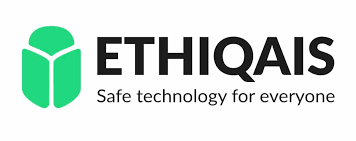
Based on a SaaS model, Ethiqais' initial clients span the sensitive finance (large banking institutions), healthcare (university hospitals), telecoms, and industrial sectors. The startup co-develops use cases with companies, helping managers construct their AI roadmaps, measure AI impact, and maintain compliance in real time.
AI adoption among European – and particularly French – companies has been lagging. According to a 2024 INSEE study, only 10% of French companies with 10 or more employees had adopted at least one AI technology. For SMEs, the rate hovered around 9%, while even among large companies (250+ employees), adoption reached only about 33%.
The pace is now accelerating, driven less by structured digital strategy and more by a growing fear of being left behind. Holcroft notes that many companies are scrambling to adopt AI simply because their competitors are doing so, yet few have established clearly defined AI objectives, governance, or credible scaling strategies.

Funding, Sovereignty, and the Ethics of Growth
Bootstrapped until now with personal funds and regional grants, Ethiqais should soon announce a first fund with European and French VCs. “US investors are also curious, but we really want to grow here in Europe, solid on compliance and regulation. Values come before money,” she said.
Holcroft also highlighted the daily skepticism she faces as a female founder from male investors, CTOs, and even some women in finance. “It’s shocking how often I have to prove my competence,” she added.
However, the daily setbacks she encounters also appear to reinforce her determination to build a company that leads with both ethics and intelligence.
Growth Without Compromise
Ethiqais’ roadmap is ambitious: expand their firewall, AI strategy, and trust offerings; further develop their SaaS model for companies of all sizes; and provide governance, traceability, and AI impact assessment in a single hub.
The seven-strong Strasbourg-based team also collaborates with national AI strategy bodies and the EU AI Commission to help set standards for ethical AI use. Holcroft was also part of the official French delegation invited to attend the recent Franco-German sovereignty summit.
Since opening for business in June 2025, Ethiqais has signed ten companies, from startups to major enterprises like Orange and Crédit Agricole.
The startup is currently wrapping up its funding roadshow with term sheets in the offing for circa €1M. When asked whether that was ambitious enough, Alina said, “I want to grow responsibly. Cash burn is not aligned with our values. We can scale sustainably while staying true to our ethics. That’s the point.”
Given that AI is now spreading through European industry like a well-aimed spark in dry tinder, she’s unlikely to run out of work anytime soon. If the past year is any indication, Holcroft and her Strasbourg-based crew are only just getting started.
As the Macron scrub rush swept through the Palais that evening, Holcroft reflected on the road ahead: continued client growth, sharper product automation, deeper partnerships, and a hiring push spanning both tech talent and legal experts, a reminder that in Europe, AI now requires as many lawyers as engineers.
In five years, she said she hopes to have built a true European champion, a hub that helps companies “adopt AI safely, confidently, and responsibly.”

